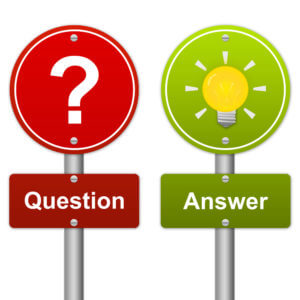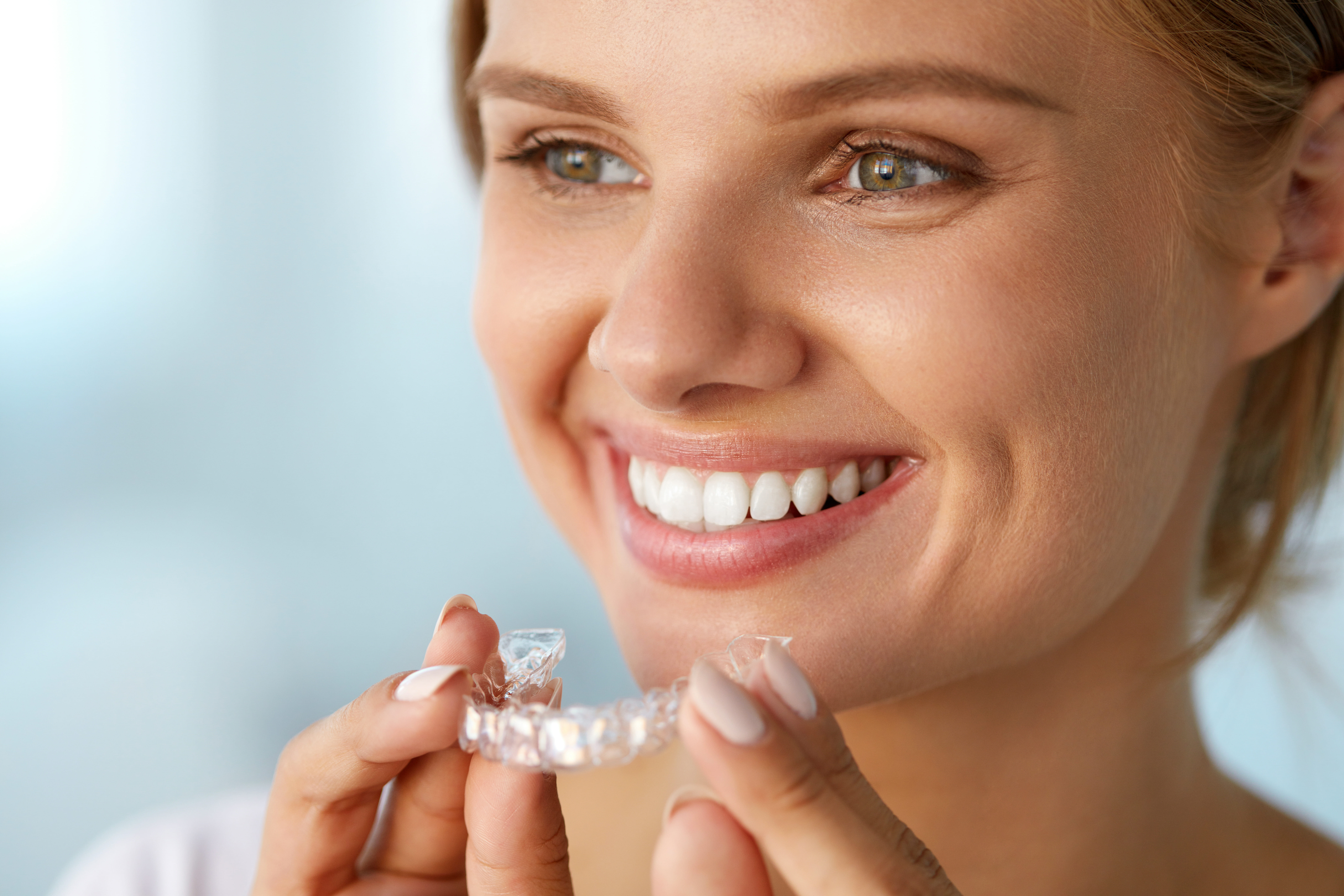 You’re in a rush, you spilled your coffee, you have an errand to run before work, and you still need to brush your teeth – you might as well brush as hard as possible for the 30 seconds you have left before you need to leave, right? Wrong. Let’s try another scenario: You are dedicated to brushing for two minutes each time you brush – you should press quite hard to remove as much plaque as you can, right? Wrong again! There are some misconceptions regarding pressure and dental hygiene – let’s help you sort it out, so you make the most of your time.
You’re in a rush, you spilled your coffee, you have an errand to run before work, and you still need to brush your teeth – you might as well brush as hard as possible for the 30 seconds you have left before you need to leave, right? Wrong. Let’s try another scenario: You are dedicated to brushing for two minutes each time you brush – you should press quite hard to remove as much plaque as you can, right? Wrong again! There are some misconceptions regarding pressure and dental hygiene – let’s help you sort it out, so you make the most of your time.
Questions and Answers: Brushing
Question: How much pressure should I use when I brush my teeth?
Answer: You should use light pressure for your dental hygiene. We understand that your logical side is telling you that a good, hard scouring is probably the best way to remove plaque but this is not true. Gently cleaning your teeth is the best option. Hard brushing, unfortunately, is a quick way to scrape your enamel and harm your gums.
Question: I’ve always brushed my teeth hard, so what should I do to fix the issue?
Answer: First, make sure that you’re not using a hard-bristle brush – switch to soft immediately. Make a conscious effort to brush delicately. If you are having trouble, switch again to an electric toothbrush, which takes away your compulsion to apply much pressure.
Question: Why is hard brushing so dangerous? Aren’t my teeth and gum resilient?
Answer: They are resilient but not immune to aggravating dental hygiene. You might find yourself the sufferer of gum recession or eroded tooth surfaces if your approach is too aggressive.


